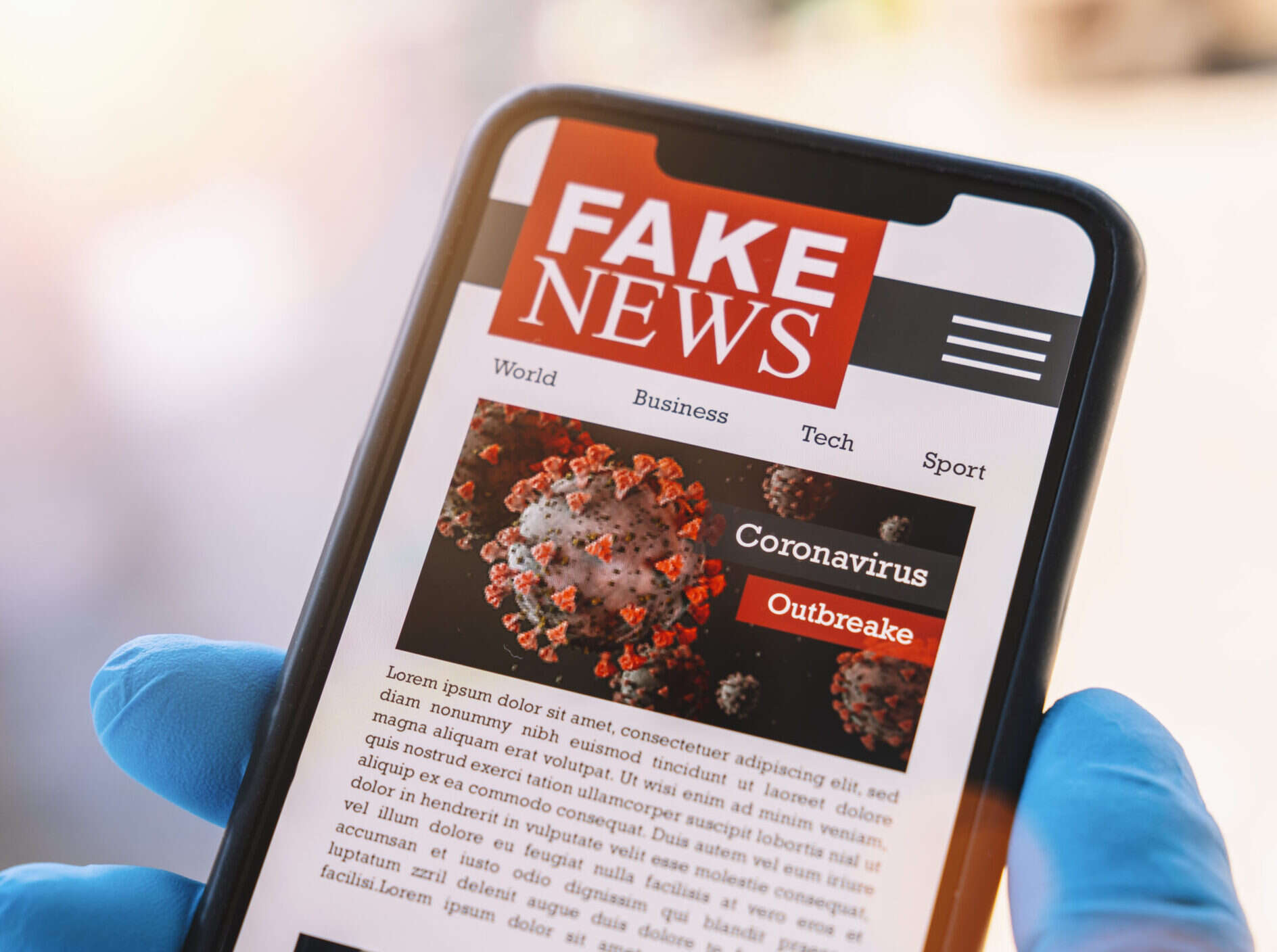
There is widespread mistrust of institutions – that is what leaders from Davos to democratic capitals all over the world are pondering.
The annual Edelman Trust index has charted this decline and declares this the year that the pandemic has put trust to the test. Governments, companies and institutions are worrying about their own trust scores – and of course what they can do to make it better.
But as well as their individual actions, they have a stake in an important issue that underpins trust across the board – making the information environment as uncorrupted as it can be. This year has barely begun, but already it is littered with examples in which the human cost of disinformation has revealed itself.
You can easily join the dots between online conspiracy theories and elected representatives cowering in the US Capitol. You can join the dots between false Covid-19 ‘cures’ and hundreds – probably thousands – of deaths worldwide (the American Journal of Tropical Medicine and Hygiene estimated the number of deaths as a result of coronavirus-related misinformation at 800 in just the first three months of 2020).
And it is easy to connect anti-vax disinformation and the very real concern that vaccine uptake won’t reach the levels needed to achieve herd immunity from Covid-19.
But the harm potentially goes far wider. If you don’t know what is a fact and what is not, as President Obama memorably put it at the end of last year in an interview with The Atlantic, the marketplace of ideas – on which democracy is based – ceases to function. And how can the objective truth of science and the scientific process lay out its stall if audiences are confronted with ‘alternative truths’ – even about established scientific principles.
So, what is to be done?
Since 2019, I have led the Trusted News Initiative (TNI), where we have been considering how global tech platforms and global media organisations can play a part in working together to protect what is in our mutual interest: trust in news. We are made up of the four major tech platforms and some of the most trusted names in global journalism, including AFP, AP, the EBU, Reuters and The Washington Post.
First, it’s about scoping out what counts as demonstrably harmful disinformation that poses an immediate threat to life or the integrity of the democratic electoral process. There isn’t an adequate free-speech defence to justify attacking masts, committing arson and disrupting the vital communications of the emergency services, even though beliefs linking Covid-19 and 5G may be sincerely held.
TNI members share urgent alerts of disinformation that has the potential to go viral and which represents either an immediate threat to life or to the integrity of the electoral process. There is an agreement to alert each other only to the most dangerous disinformation so its impact can be limited. Decisions about this sit at arm’s length from editorial decision making – no journalism is ever muzzled as a result.
In a world of abundant information, there’s a shared responsibility to signal clearly information that is not based on facts and cannot be trusted. In this new environment, we know far less than we would like: how do audiences react to signals that online information is questionable? Which types of signals work? Does this vary from country to country? Are particular groups more susceptible than others? The evidence is still sketchy.
Oxford University’s Reuters Institute for the Study of Journalism, a TNI member, is conducting research, funded by the BBC World Service, on how citizens in the UK, Brazil and India react to indicators that content is false. That will build on our emerging understanding, but there is a long way to go. We will make that information available to everyone, with the first results shared at our virtual TNI conference in late March.
Work is also being done to signal the provenance of information containing media that would allow us to work out if it has been manipulated.
Project Origin, pioneered by the BBC, Microsoft, CBC/Radio-Canada and the New York Times, is one of the first attempts to create a future world in which platforms and news providers will work side by side to tackle a common problem together – a practical answer to the issue of deep fakes amongst others.
Looking ahead, climate change is forecast to increasingly dominate the attention of global citizens and be reflected in the news they consume, as well as the continuing devastating effects of Covid-19. Both are shared problems where the actions of individuals affect us all.
We need to think through collectively the problems plaguing the information environment, recognising that we have a shared interest in cleansing what is currently a polluted well. The stakes are high.
Jessica Cecil is the BBC’s project director for the Trusted News Initiative. You can now register for the free Trust in News conference running 22-24 March 2021.
Email pged@pressgazette.co.uk to point out mistakes, provide story tips or send in a letter for publication on our "Letters Page" blog
